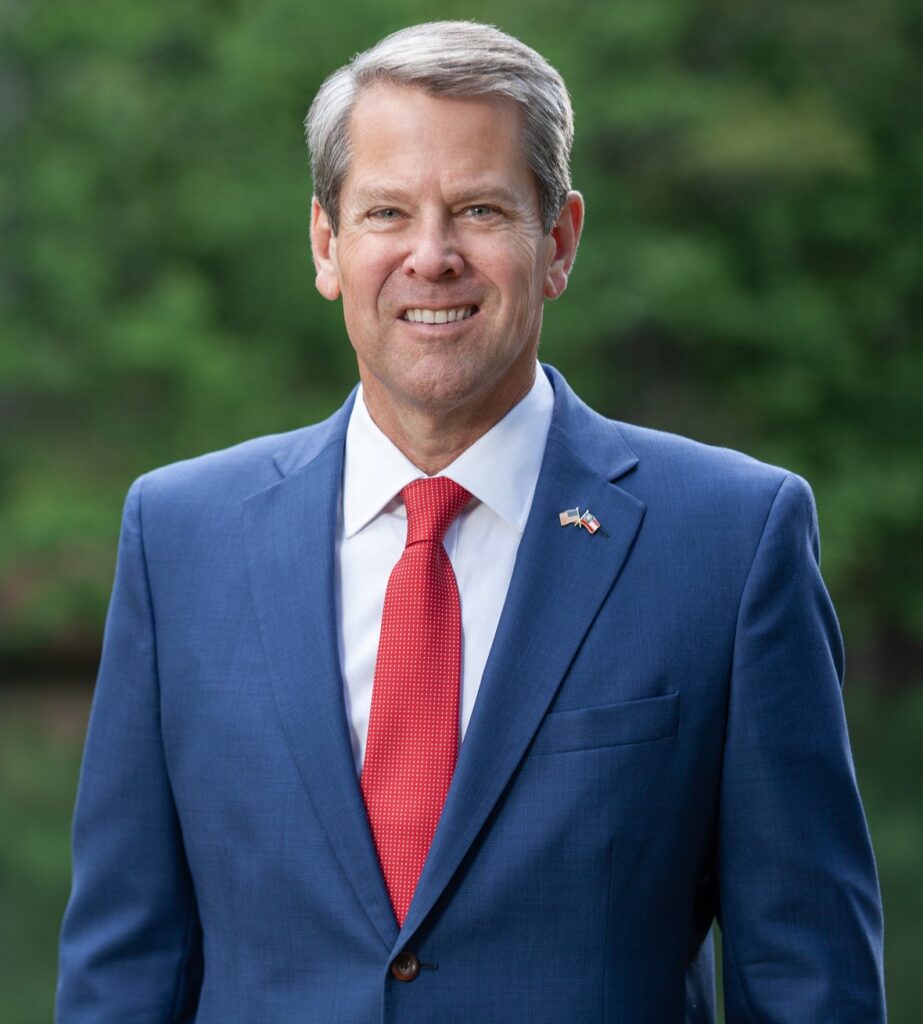
ATLANTA – Tort reform in Georgia is going to be a heavier lift than anticipated, requiring more than a single session of the General Assembly to accomplish, Gov. Brian Kemp said Wednesday.
“Like every major undertaking our state has tackled in the past, we will work on a Georgia-specific solution; one designed to make meaningful reforms in this area over the next several years,” Kemp told an audience of political and business leaders at the annual Eggs and Issues breakfast sponsored by the Georgia Chamber of Commerce.
“I look forward to introducing legislation this year that will reflect my priorities to stabilize the market for insurers, stabilize premiums for Georgia’s families, and level the playing field in our courtrooms so we can continue to create even more quality, good-paying jobs.”
After years of failed efforts to get significant tort reform through the General Assembly, Kemp announced last summer that he planned to make the issue a top priority for the 2024 legislative session. At a chamber-sponsored event in Athens, he complained that frivolous lawsuits against Georgia business owners are driving up insurance premiums, making it harder for companies to create jobs.
The last major tort reform legislation the legislature passed was in 2005, a measure that set a $350,000 cap on non-economic damage awards in medical malpractice and product liability lawsuits. But the state Supreme Court declared the law unconstitutional in 2010.
Since then, legislative Democrats and their allies in the legal industry have joined forces to sink efforts to enact tort reform, arguing it would take away victims’ rights to their day in court,
The rest of Kemp’s speech Wednesday was peppered with his plans to take advantage of an unprecedented $16 billion budget surplus to increase spending in critical areas.
Ahead of Thursday’s State of the State address to a joint session of the General Assembly, Kemp announced he will ask lawmakers for $1.5 billion to help the state Department of Transportation make highway improvements that will ease the movement of commuters and freight.
Georgia Commissioner of Transportation Russell McMurry told members of the State Transportation Board last month the state will need to spend at least $81 billion on transportation improvements by 2050 to keep people and freight moving on highways that otherwise will becoming increasingly congested.
The governor said he will request $250 million for the Georgia Environmental Finance Authority to spend on local water and sewer projects, $178 million to design and construct a dental school at Georgia Southern University, $50 million for a new medical school on the campus of the University of Georgia, and an additional $50 million for the state’s Rural Workforce Housing Fund.
Kemp created the housing program last year with $37.5 million in initial funding.
